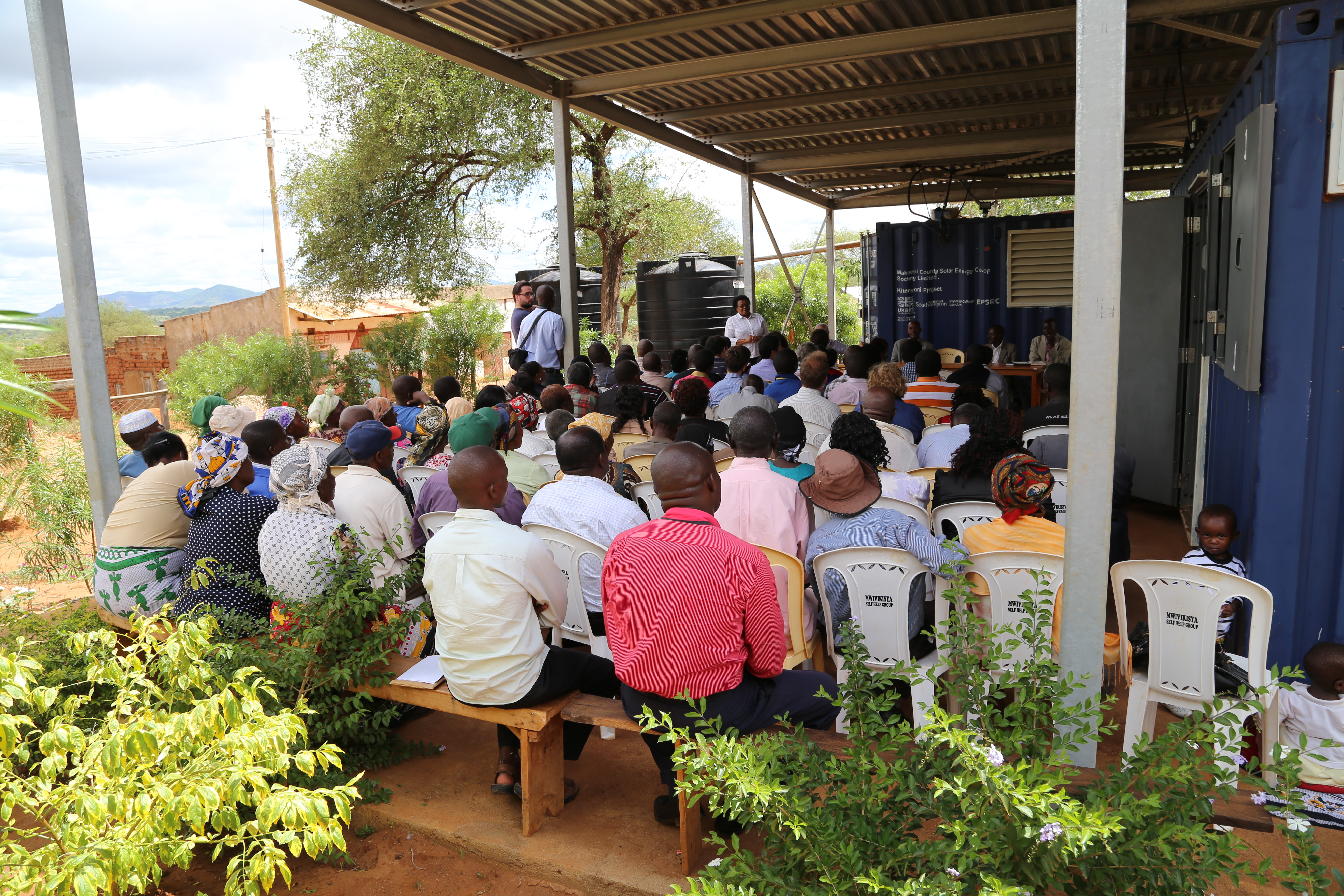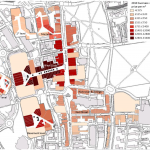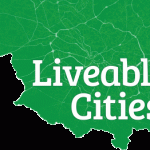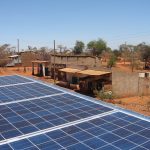Research encompasses engineering, urban design and behavioural studies to develop evidence and provide advice through engagement with local authorities and communities to create liveable spaces for cities ensuring areas meet the needs of inhabitants on a micro and macro scale.
The work includes modelling of factors such as air quality, noise, accessibility, density and deprivation in order to inform regeneration strategies. Engagement events are held in person and virtually to further understand the needs and requirements of communities including surveys, interviews, focus groups and workshops covering issues ranging from energy services, electric vehicle charging and retail.
Communities can play a central role in enabling (or disabling) low-carbon interventions. ECCD undertake research that aims to understand the interaction between households, communities and developments or local initiatives. The work has included research into the impact of community-based energy saving initiatives, evaluating ‘bottom-up’ community approaches to mitigating daily peak demand on the electricity network, and others in order to better understand the opportunities and barriers presented by communities to the transition to zero-carbon.


Updates:
Overheating Risk Assessment for UK schools 2023 
This project is a response to the UK’s overheating risk introduced by climate change. By 2070, climate projections for the UK estimate an increase in seasonal average temperatures of up to 5.1°C in summer as well as more intense and frequent extreme events such as heat waves.
ECCD host Pioneering Places Workshop 2023 
ECCD host a hybrid workshop with local stakeholders about Southampton’s non-technical barriers on the pathway to net zero as part of the Pioneering Places project.
ECCD presents at the 2020 Rapid Cities – Responsive Architecture Conference 2020 
The Energy and Climate Change Division presented 2 papers at the 2020 Rapid Cities – Responsive Architecture Conference held virtually from 22-24 November.
ECCD/SERG hosts IEA Energy in Buildings and Communities symposium and expert meeting 2020 
The Energy and Climate Change Division (ECCD) and the Sustainable Energy Research Group (SERG) within the School of Engineering at the University of Southampton, UK, hosted the IEA Energy in Buildings and Communities symposium and expert meeting
REPLENISH – REimagining PLaces and ENgineering Infrastructure Systems for Health 2020 
REPLENISH contends that if our infrastructure systems and their associated cityscapes were designed with positive health and wellbeing outcomes as the primary design criterion, huge social and economic benefits would result. REPLENISH therefore proposes, by adopting systems thinking and systems engineering (or ‘doing’), to rethink and redesign our engineered infrastructure systems and cityscapes.
Key Cities Meeting – City and the Environment 2019 
21st February 2019 | University of Southampton The Southampton City Council has joined forces with the University of Southampton and hosted a Key Cities Meeting addressing challenges on air quality, energy efficiency, transport, and infrastructure development. The meeting urges local authorities to adopt a “healthy and prosperous” vision towards air quality and energy efficiency in towns and ...
SERG researchers present nine papers at SET2017, Bologna, 17-20 July 2017 2017 
SERG researchers presented on a range of fields at the 16th Sustainable Energy Technologies (SET) Conference 2017, held at the Alma Mater Studiorum at the University of Bologna. Topics presented included: Wind energy: Mikey Harper and Mostafa Mahdy Thermal comfort: Rucha Amin and Victoria Aragon Urban regeneration: Philip Turner Cities and carbon-reduction potential: Luke Blunden and Massimiliano Manfren Combined heat ...
The CareTeam project in partnership with industrial partners Nquiringminds, Southampton and Portsmouth city councils aims to provide more efficient care services to help adults who currently receive care to remain independent, comfortable and active in their own homes for longer.
Impacts of Urban Interventions for the Reinvigoration of Secondary and Tertiary High Streets 2015 
The aim of this work is to understand the impact of small-scale urban interventions on declining secondary/tertiary high streets and how this relates to stakeholders’ perceptions and behaviours. The study also investigates the hypothesis that undertaking small-scale interventions assists in generating a collective approach among stakeholders for the regeneration of secondary retail areas.
Liveable Cities 2013 
How do we address energy consumption to meet low carbon targets? How do we address infrastructure ‘lock in’ to improve the carbon performance of the urban environment? How do we engender and embed low carbon pathways and engineering solutions for demand reduction and power generation in cities? Introduction Launched in 2012, Liveable Cities is a five year £6.2m research ...
Title: Low Carbon City Strategy Researcher: Yue Wu Supervisors: AbuBakr Bahaj and Luke Blunden Abstract GHG emissions are becoming a global concern. The UK has legally bound a CO2 emission reduction target that by 2050 at least 80% of GHG emission shall be reduced based on the emission level of 1990. Consequently, the local authorities also published their own ...
Energy for Development Network 2013 
The Energy for Development Network aims to combine these three key components to develop appropriate, replicable models for energy systems that recognize the socio-economic and financial, as well as technical aspects of supplying energy.
The role of community-based initiatives in energy saving 2011 
This ESRC-funded 4 year year study is assessing the impact of community greening groups on a roll out program insulation upgrades in privately owned housing. The project is led by Prof. Graham Smith, School of Social Sciences, University of Westminster.


